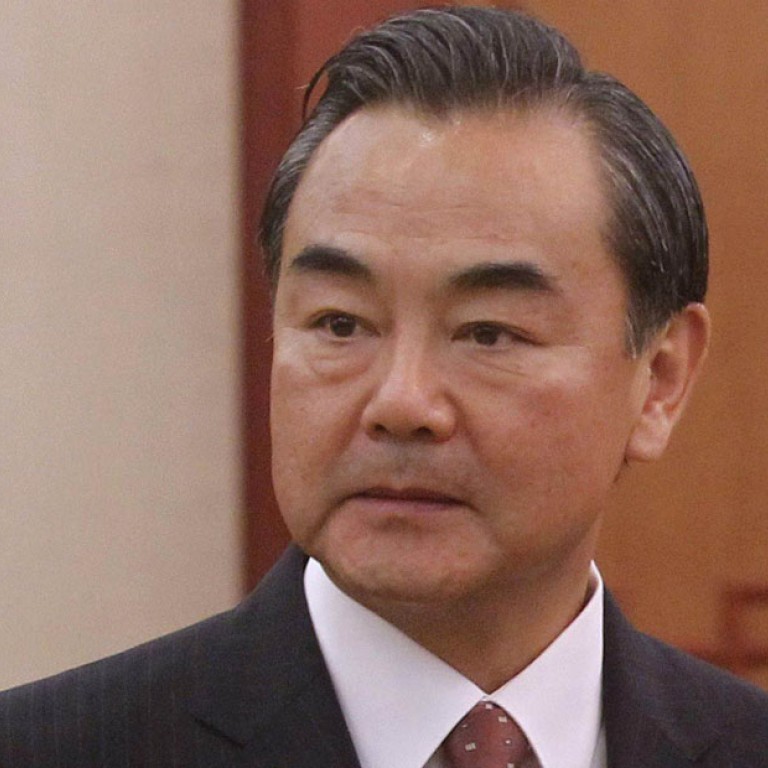
Asean, China must see co-operation as essential, not optional
Simon Tay says both sides must fully commit for relations to improve
Rising tensions in the South China Sea have changed recent Asean-China relations from co-operation to potential conflict. Yet there is now agreement to begin consultations on a code of conduct to manage the issue. Since his appointment, Foreign Minister Wang Yi has also visibly upgraded engagement with the Association of Southeast Asian Nations.
Marking the 10th anniversary of their strategic partnership, a recent High-Level Forum proceeded positively with officials and experts from both sides. Is there substance beneath the ceremonies? Are relations turning more positive?
Across the centuries, it's clear that civilisational connections across the sea and land have been largely positive. Yet history can only do so much for the present problems.
The Philippines and Vietnam are pushing for full negotiations on the code of conduct - not the more cautious "consultation". Wang has cautioned against "rushing". And there may be a point in managing expectations - agreement on the preceding declaration of conduct, after all, took the better part of a decade.
But there are more pressures today. Manila recently bolstered its navy by accepting a Hamilton-class cutter from the US. Japan - with differences with China over islands further north - unveiled a naval vessel that can carry and deploy helicopters, its largest since the second world war. For China, military modernisation and spending continues apace. Nationalistic netizens will complain if their leaders seem too soft.
If conflict is to be headed off, consultations on the South China Sea must move ahead. In parallel, progress needs to be made on navigation safety and the marine environment. Most importantly, prudence must be emphasised in everyday exchanges by the military and other agencies.
There are issues beyond the South China Sea that China and Asean can work on together; for instance, infrastructure and investment is needed to connect the two.
Yet, positive steps will not be easy. The China of today makes many in Asean nervous. To ease fears, China must demonstrate magnanimity to assist Asean - especially the developing countries on its borders - without expecting to dominate them. For Asean, there must be wisdom to co-operate with China, while adroitly working with other major powers.
This will be critical to two upcoming Asean-led efforts - the East Asia Summit and the Regional Comprehensive Economic Partnership. The summit, to be hosted by Brunei, aims for a candid dialogue that helps build strategic trust in the Asia-Pacific. But it can only succeed if all powers are equally welcome and participative.
The economic partnership will bring in all of Asia - including India, and Australia and New Zealand. It can only boost regional integration if major economies - including China - show commitment. In the wake of the region's crisis of 1997, Asian co-operation grew, and the Asean-China platform was key. The two must again see their co-operation as essential, rather than optional.
The alternative is that security will continue to depend on the American alliance system, while the US-led Trans-Pacific Partnership for economic and trade integration will take centre stage. This can negatively affect China and many Asean members that currently stand outside the partnership.
China may have differences with Asean and vice versa. But if Asians are to come together as a region, dealing with current problems and upgrading Asean-China co-operation will be essential.

